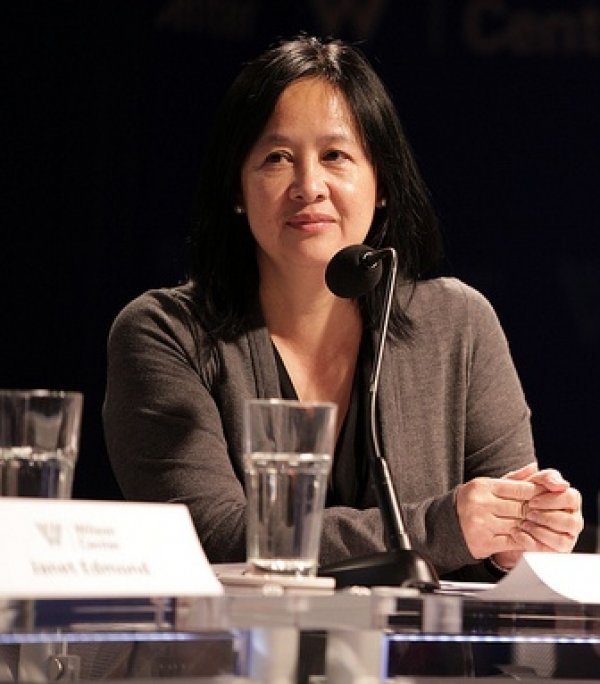Culture and Society: Women in Business
General View
Filipino women, or Filipinas, have shed their traditional image as mothers and wives bound to the home and have increased their involvement in society and the country’s economy. A majority of women are employed in one form or another and are as active as their male counterparts in earning money for their families.
Women entrepreneurs have a strong presence in many business sectors in the Philippines. This is partly due to government policies that strengthened the role of women entrepreneurs, and partly due to the unstable nature of the country’s economy, which drives women into self-employment and the informal economy.
Legal Rights
Filipinas have the same legal, social, and political rights as men. They were granted the right to vote in 1937 and have unquestioned rights to own and operate businesses as well as own and inherit property.
Studies have shown that gender-based pay disparities exist in the Philippines, with female workers earning about half the salary that men earn for performing similar jobs.
Women in Professions
Traditional jobs for Filipinas are in the educational, clerical, and healthcare sectors. In rural areas, women are involved in agriculture and fishing. Many Filipinas work as maids in the Middle East, Hong Kong, and developed countries around the world.
The outlook for Filipina businesswomen is strong, with an increasing number of women climbing to the top-ranking positions of various corporations.
Women in the Philippines are not barred from any profession. There are also no dress code restrictions that prevent them from taking up any jobs.
Grandparents often assist with childcare for working women, although husbands also help. The Department of Social Welfare and Development supervises the operation of state-sponsored day-care centers run by local government units.
Women as Business Owners
Close to half of the businesses in the Philippines are owned and operated by women. Many are in the hospitality sector (restaurants and hotels), followed by trade and services, marketing, public relations, financial consulting, publishing, electronics and appliances, food and beverages, transportation, and real estate. A sizable number of women in rural areas own small and micro-sized businesses.
Copyright © 1993—2025 World Trade Press. All rights reserved.

 Philippines
Philippines 
